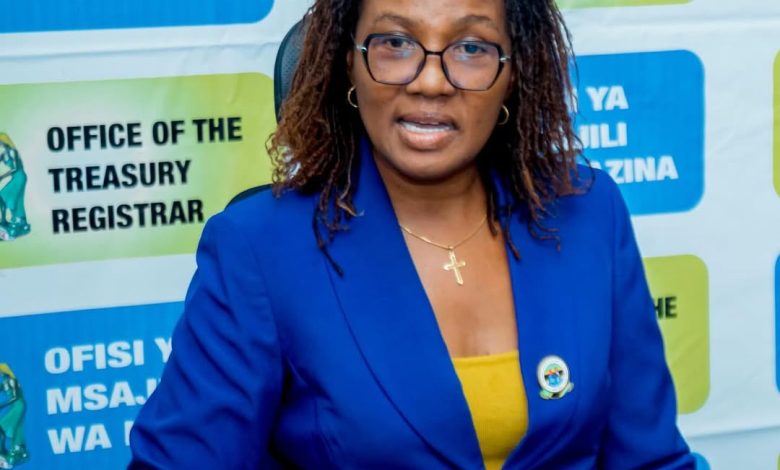Implement innovations for better institutions’ results

THE nation is sending over 700 public sector leaders to Arusha later this month and the expectation is to deliberate how to adopt modern technologies, including Artificial Intelligence, to improve efficiency and revenue collection.
Fine! From August 23 to 26, these leaders will gather under the theme: “Sustainable Business Collaboration in a Globally Competitive Environment – The Role of Public Institutions.” Translation? It is time to stop dragging feet and start sprinting toward the future.
Here, this is a strategy session with the potential to change how Tanzania works and gear towards global competition, not survival. While the private sector races ahead with automation, predictive analytics and machine learning, too many public institutions are still battling dodgy Wi-Fi and clunky legacy systems that predate Instagram.
If public institutions want to be taken seriously on the global stage, they need to ditch their analog attitudes. Fortunately, there is hope. This annual forum now in its third year is already bearing fruit. For instance, the government in June received a record 1.02tri/- in dividends from public entities.
That is a whopping 49 per cent increase from last year. Clearly, something is working. But now is not the time to coast, it is time to double down. Let us take a moment to appreciate what that growth really means.
Public institutions are no longer just begging for central government handouts. They are generating revenue, improving performance and freeing up funds for real development.
ALSO READ: Silaa thrilled by ATC innovations
Think roads, schools, healthcare not endless budget bailouts. But we need to future-proof this progress. The world is not slowing down, and neither should we. Arusha 2025’s theme needs to hammer one idea home: innovation is not a luxury; it is a responsibility.
We are talking about bold, unapologetic adoption of cutting-edge technologies. Artificial Intelligence (AI) is not coming; it is here. Chatbots can now handle customer service. Algorithms can detect tax fraud.
Predictive models can identify areas of underperformance before a human even starts yawning in a meeting. Yet, in some offices, the height of innovation is installing a biometric door lock. Let us aim higher.
The forum must emphasise joint strategies that go beyond polite agreements and glossy PowerPoints. It should spark real partnerships across institutions, encouraging shared platforms, open data policies, and mutual accountability.
Why reinvent the wheel in 700 different directions when collaboration could cut costs and raise performance across the board?
Of course, all this assumes that participants will actually implement what they discuss and there is no shortage of conferences where enthusiasm dies in the parking lot. But if the results of the past two years are any sign, this forum can keep pushing the public sector toward relevance, efficiency, and excellence.
So, dear delegates, when you land in Arusha, remember this: You are not just representing your institution. You are representing a vision of Tanzania that competes with the best, not just locally, but globally. Bring your laptops, your ideas, and maybe an AI chatbot or two.
And if your plan involves more meetings to plan more meetings, kindly leave it at the airport. Because the future is not waiting and neither should we.






91906 911791you use a amazing weblog here! do you need to make some invite posts on my blog? 991471